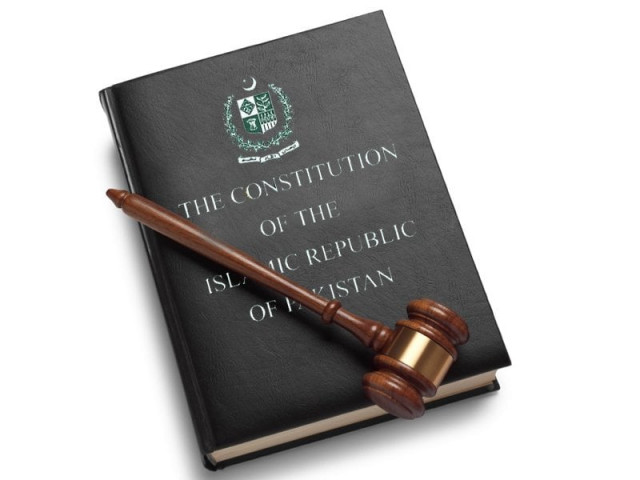Article 45: President’s powers to grant pardon taken to court
Petitioner says pardoning a convict without consent of victim or his family is un-Islamic

CREATIVE COMMON
Advocate Khurshid Khan, who moved the Peshawar High Court (PHC), submits that president should not have the power to grant pardon to anyone convicted by a court, tribunal or other authority without the consent of the victim or the victim’s family.
The petitioner states the president’s power to pardon a convict without the consent of the victim or the victim’s family is un-Islamic and also against proper dispensation of justice. Therefore, such powers should not be used against the interest of the victim or the victim’s family, he adds.
Article 45 of Constitution empowers the country’s president to grant pardon, reprieve and respite, and to remit, suspend or commute any sentence passed by any court, tribunal or other authority.
The lawyer further submits that Pakistan Penal Code (PPPC) and Pakistan Criminal Procedure Code (CrPC) also grant the same power to president.
Rangers men get presidential pardon over youth’s killing
In the year 1991, he states, 402-c was added to the CrPC according to which president shall not, without the consent of the victim or, as the case may be, of his heirs, suspend remit or commute any sentence passed.
Hence, the lawyer argues, it is un-Islamic for president to grant pardon without the consent of the victim or his family.
He maintains that Article 227 already provides that no law in the country shall be made against the Islamic principles.
As an interim relief, the lawyer asks the court to issue stay order on the power utilised by president under Article 45 of the constitution.



















COMMENTS
Comments are moderated and generally will be posted if they are on-topic and not abusive.
For more information, please see our Comments FAQ